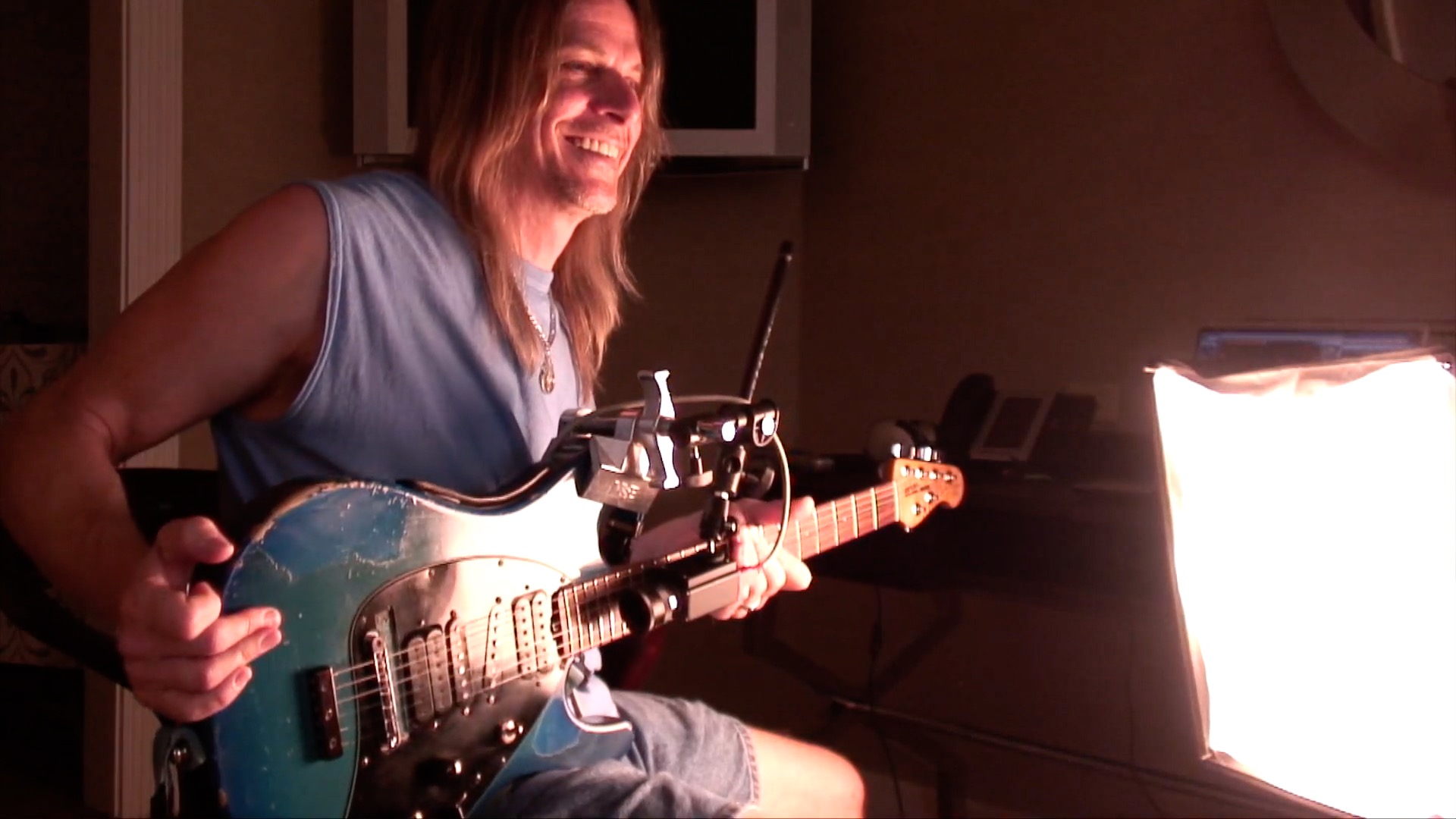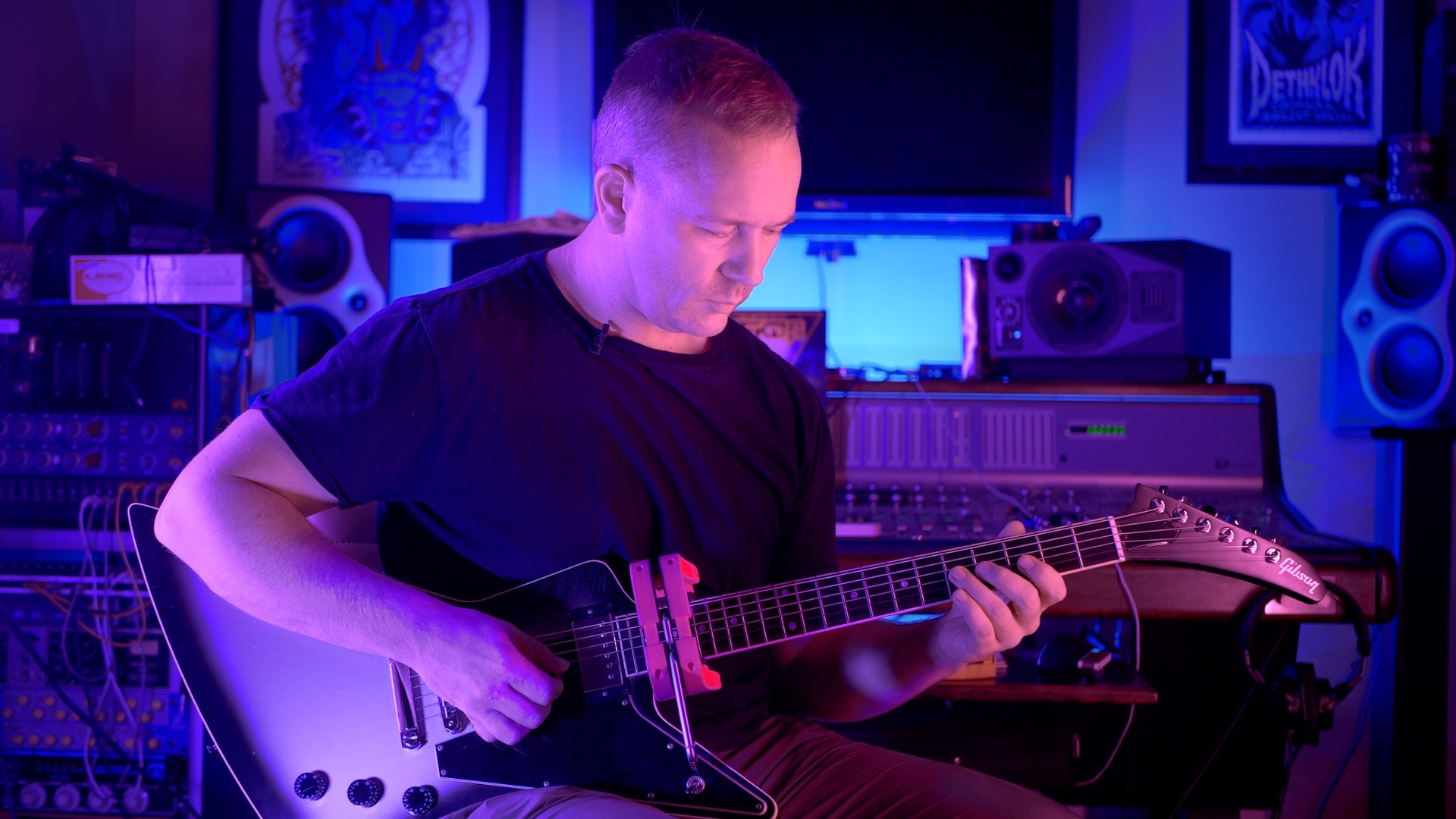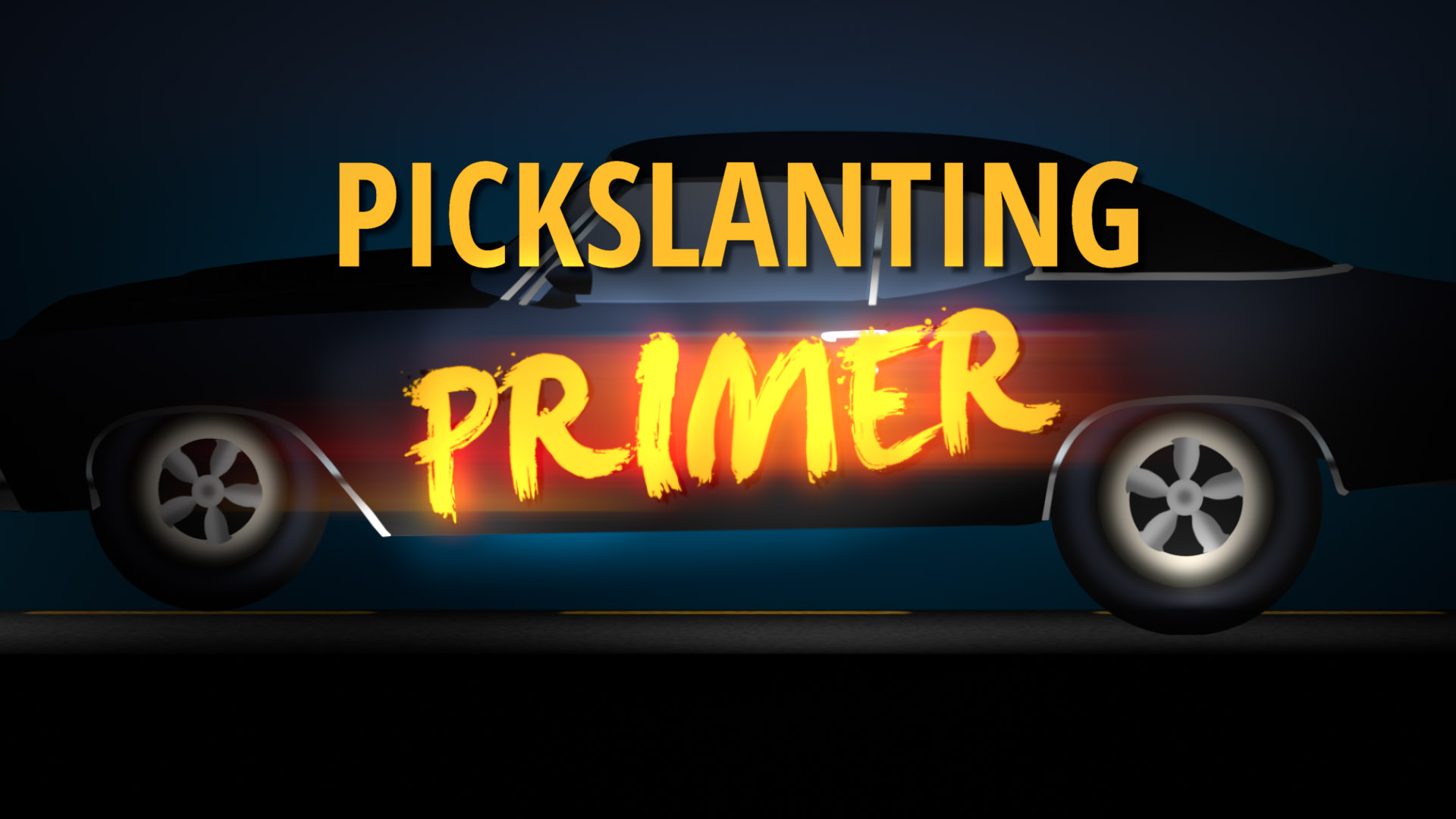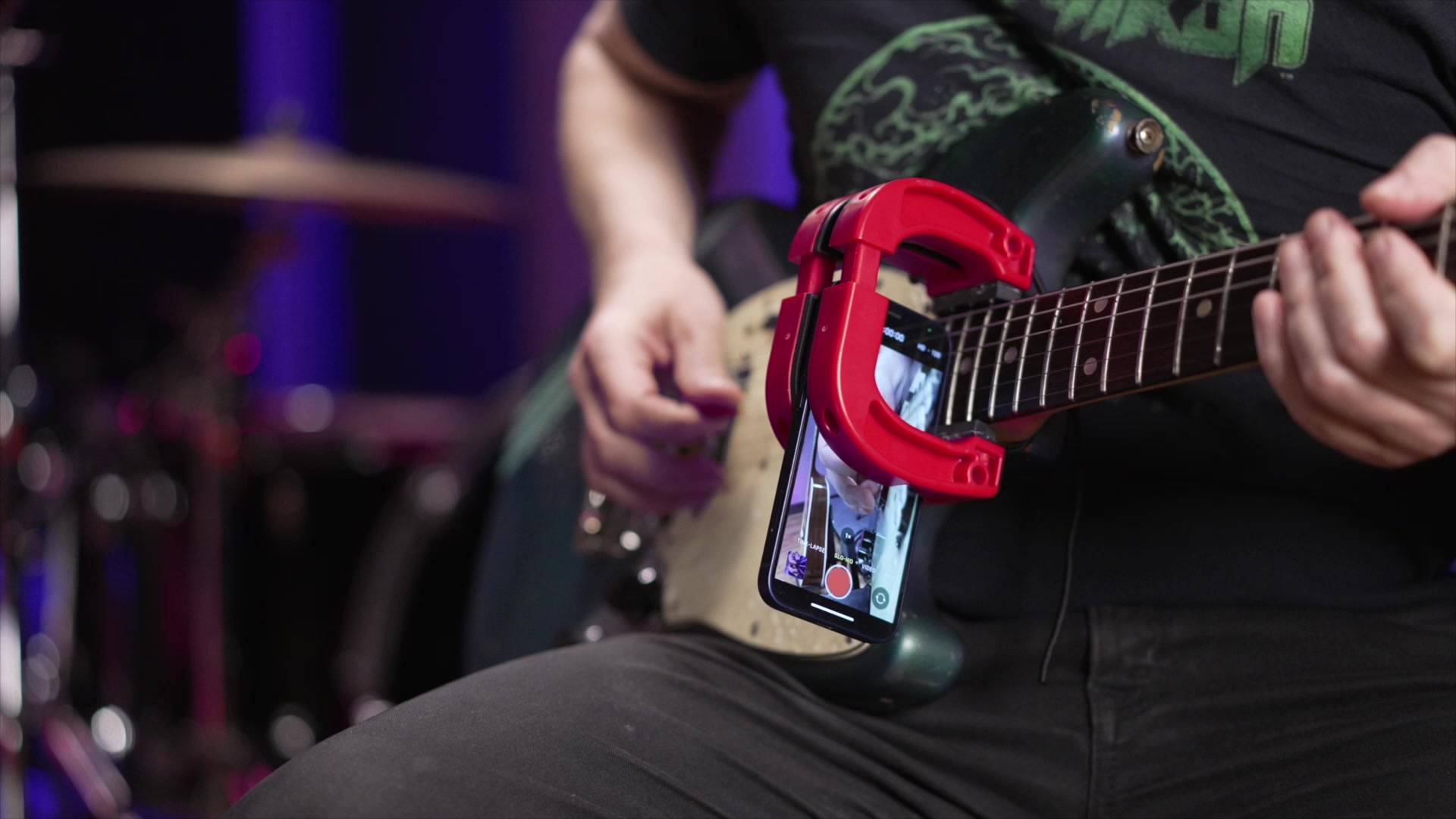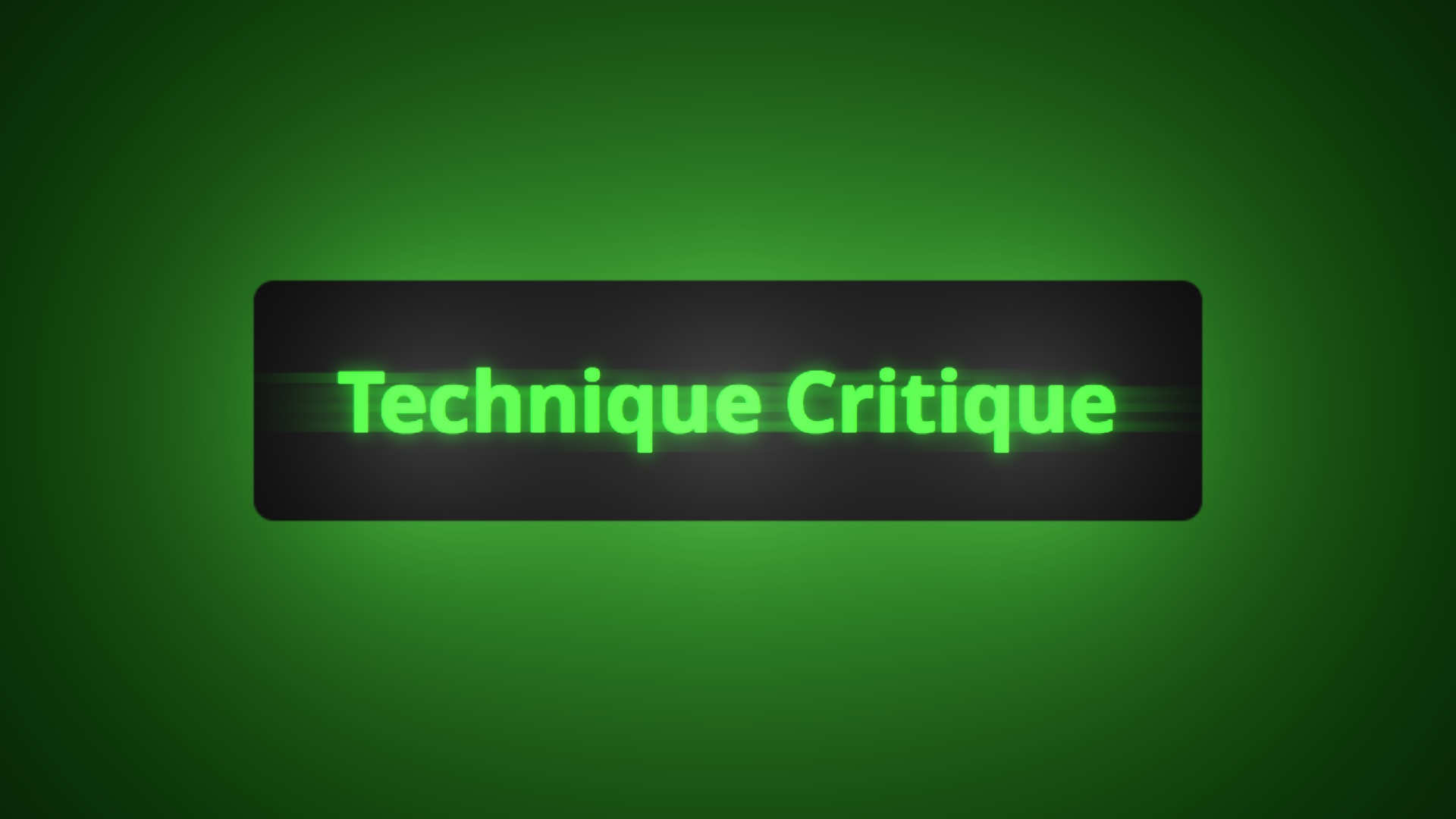About Cracking The Code
At Cracking the Code, we apply evidence-based methods to musical teaching, to help guitarists master technique and unleash their creative freedom. We pioneered many of the concepts that are now used by players around the world to understand and perfect their picking technique.
Prior to Cracking the Code, it was not widely understood that expert players use specific joint motions to switch strings with accuracy at high speed. We revealed this phenomenon in 2014 with our groundbreaking Cracking the Code dramatic series, and in our continuing in-depth interviews, analyses, and technical features on well-known players.
Along the way, we introduced an array of new terminology, including escape motion, pickslanting, two-way pickslanting, stringhopping, edge picking, swiping, and more, to describe techniques that were once learned largely subconsciously by self-taught picking pioneers. These techniques, and the language we created to describe them, were simply not part of mainstream stringed instrument instruction until we began teaching them publicly.
To put it simply, by 2014 there was still no instructional video you could watch or guitar lesson you could take to learn why Yngwie Malmsteen favors lines that contain an even number of pickstrokes per string when he’s alternate picking. Similarly, there was no guitar magazine you could read to learn why John McLaughlin, mysteriously, heavily favors phrases where the final pickstroke on every string is a downstroke — even supposing you noticed this strange detail in the first place. These seemingly idiosyncratic preferences turn out to be mechanically linked to the techniques of these two revered players in such a way that mere mortals all around the world were suddenly able to tackle their phrases once they knew why.
Learn how these breakthroughs came to be:
World-Class Interviews
Our groundbreaking series of interviews with incredible players is the first systematic attempt to understand and categorize the different picking motions great players make. We use slow-motion video to film techniques in action with an unprecedented degree of close-up detail. In many cases, this allows us to film motions that the players themselves are not aware they are making. And in at least some of these cases, we’ve captured footage of techniques that simply weren’t filmable without tiny high-speed video cameras, and most likely hadn’t been seen in such detail before, if at all. Our interviews are documented with exhaustingly detailed transcriptions in Soundslice:
World-Class Instruction
We didn’t stop at research. We’ve used everything we’ve learned to create simple and effective methods for diagnosing your own technique and learning new ones. On the site, you can dive into our instructional products like The Pickslanting Primer, our core instructional guide to learning picking motions, and watch our longer-form Seminars on specific musical topics:
World-Class Analysis
Our original 2004 slow-motion camera rig was a computer-controlled contraption of mounting arms and wires that let us film instrument technique in a way that had not been done before. When smartphones first acquired slow-motion capability in 2013, we responded by creating a custom phone mount for guitar, The Magnet. We used Magnet prototypes for years as a critical component of our interviews with great players. We delivered the first production-run Magnets to Kickstarter backers in late 2022. The Magnet goes on sale for everyone in 2024:
World-Class Feedback
Subscriptions also include Technique Critique, a collaborative review of your playing by our team of instructors. Our unique team-based approach to teaching mechanics applies our collective experience and data gathering to the problem of making you better:
The forum is free, and filled with a wealth of playing and experience and knowledge. All you need is a basic account on the site:

Great! How Do I Get Started?
Products like the Primer, Seminars, and Interviews are available via subscription or download. The download version offers lifetime free updates, as well as lifetime access to the web versions of all these products. But the web versions are actually the better versions. They include reference sections unlike anything in any other instructional product, that mix printed content, video clips and images that aren’t technically possible to download. They also contain additional features like timestamped tablature examples powered by the awesome Soundslice player.
A Cracking The Code subscription offers unlimited access to all this amazing stuff, including all instructional products and interviews. When you’re ready to dive in, check out our signup page:
